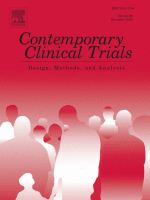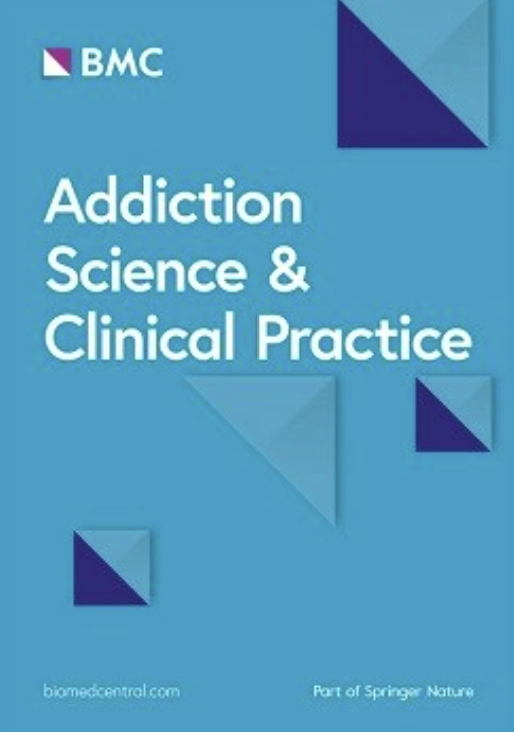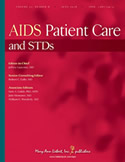New ADAI Publications: Youth Access to OUD Care, MOUD for Native Communities, Peer Delivery of Contingency Management, Barriers/Facilitators for PrEP
06/26/2025Various ADAI faculty and staff (bold names below) recently published four new papers on a wide variety of subjects. See what we’ve been working on below!
Adolescent and young adult access to opioid use disorder care.

Ball A, Winstead T, Singh S, Floyd A, Banta-Green C. Pediatrics 2025;156(1):e2024070224.
- Teens and young adults with opioid use disorder (OUD) often don’t stay in treatment or even start it.
- We don’t know enough about what their experiences are like when they try to get help, but learning about these experiences is important to improve care.
- Researchers in this study interviewed young people about how they find support and get medications for OUD (MOUD) and what helps or gets in the way.
- Youth said they want care that is easy to get and meets their needs.
- Many said they wish they had learned about the dangers of fentanyl and the benefits of MOUD much earlier.
- They also talked about how much they value providers who didn’t judge them for who they are or for using drugs.
- Check out the full-text of the paper to find out more about what the teens/young adults in this study had to say!

Paschen-Wolff MM, Campbell ANC, Vasquez A, […] Radin S, et al. Contemporary Clinical Trials 2025 (in press).
- Integrating cultural practices from American Indian and Alaska Native (AI/AN) communities in treatment for opioid use disorder may help more people in these communities accept and use medications for recovery.
- This study, part of the NIDA Clinical Trials Network, is the first to create and test a way to culturally center medications for OUD in AI/AN cultures.
- A collaborative team will work together to design the intervention then implement it across four sites.
- This article explains the plan for the intervention and what the researchers hope to achieve.

Cooke A, Stack E, Peng L, Cook R, Hartzler B, et al. Addiction Science & Clinical Practice 2025;20:48.
- The Peers Expanding Engagement in Stimulant Harm Reduction with Contingency Management (PEER-CM) study will compare two ways to use incentives/rewards to help people who use stimulants, with support from trained peers offering:
- Rewards for reaching personal harm reduction goals OR
- Rewards for attending peer visits.
- PEER-CM is one of the first trials to test if peer-facilitated contingency management can help non-treatment-seeking people who use stimulants achieve their harm reduction goals and reduce their risk for overdose.
- This article explains how the study works and what the researchers hope to find out.

Ertl MM, Woodhouse C, Meche DW, Fegley J, Paschen-Wolff M, Laschober T, Hatch MA, Nelson M, Wright L, Tross S. AIDS Patient Care and STDs 2025;39(6):245-256.
- Men who have sex with men who use substances (SU-MSM) can benefit from using pre-exposure prophylaxis (PrEP) to prevent HIV, especially in Southern U.S. cities where HIV rates are high.
- Despite the known benefits of PrEP, many are not using it.
- This study, part of the NIDA Clinical Trials Network, looked at different things that make it easier or harder to take PrEP, like cost, side effects, stigma, and other concerns, and how those factors affect whether someone is willing to take PrEP and for how long.
- Findings help advance understanding of barriers and facilitators for PrEP use and, in particular, highlight the importance of making PrEP more affordable.
Need help getting a copy of any of these papers?
Contact Meg Brunner, MLIS: meganw@uw.edu.





